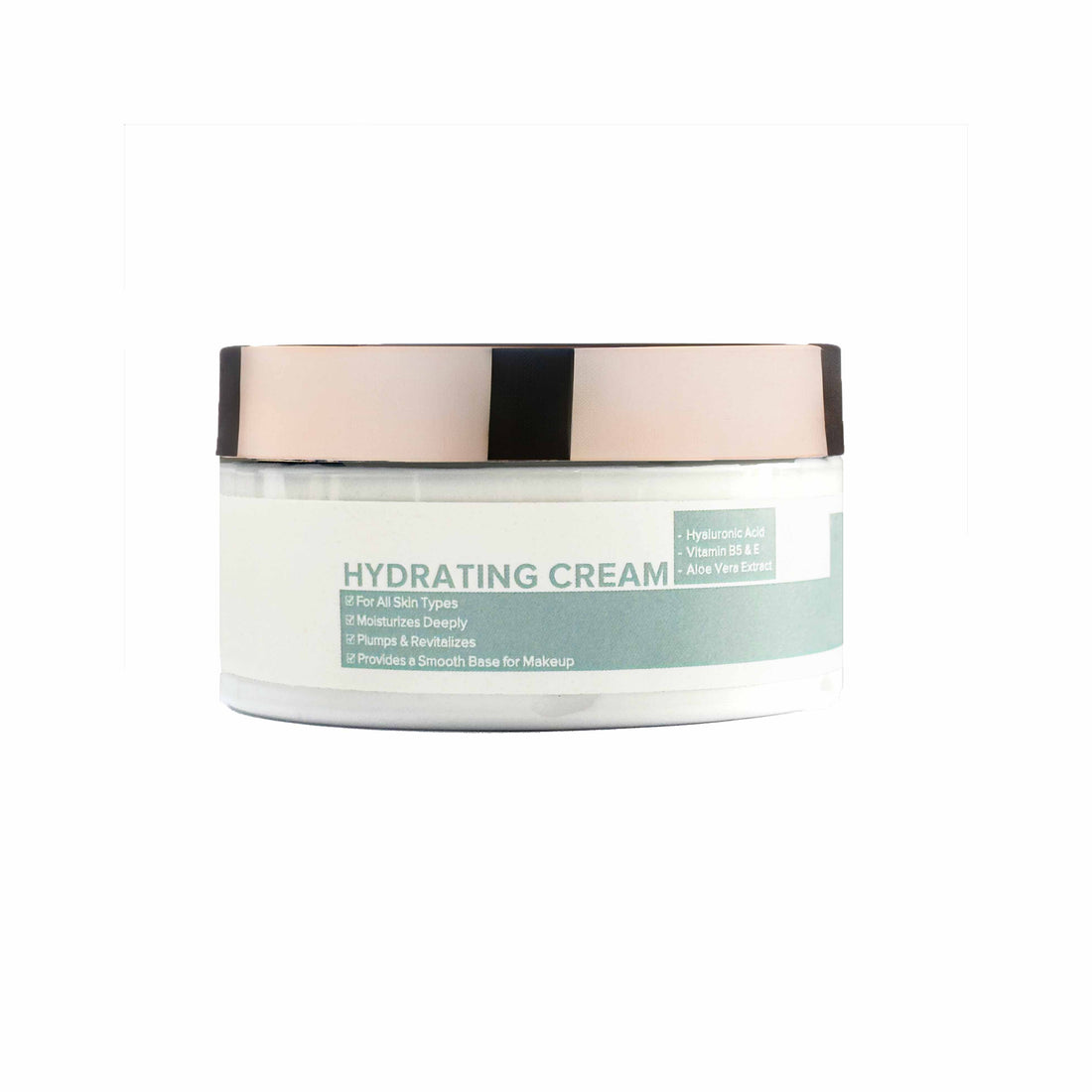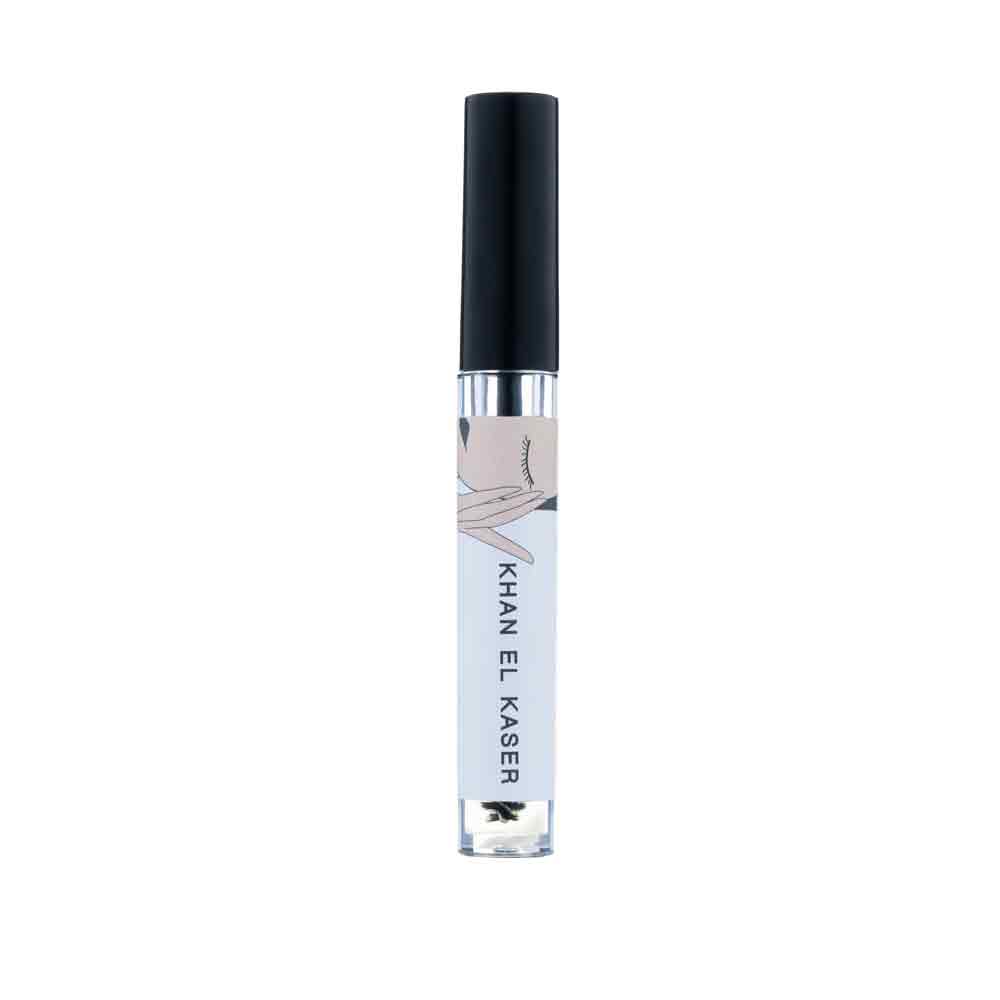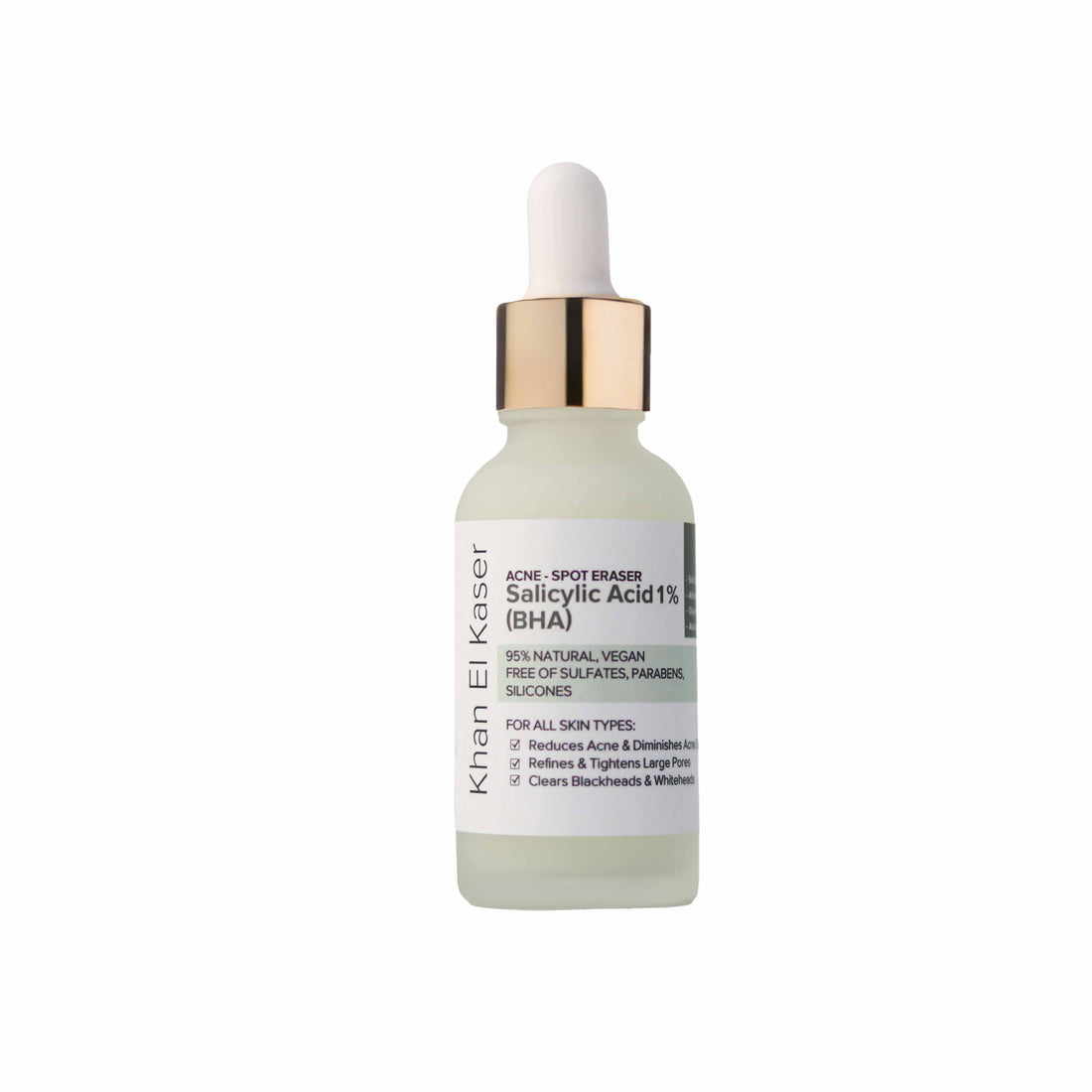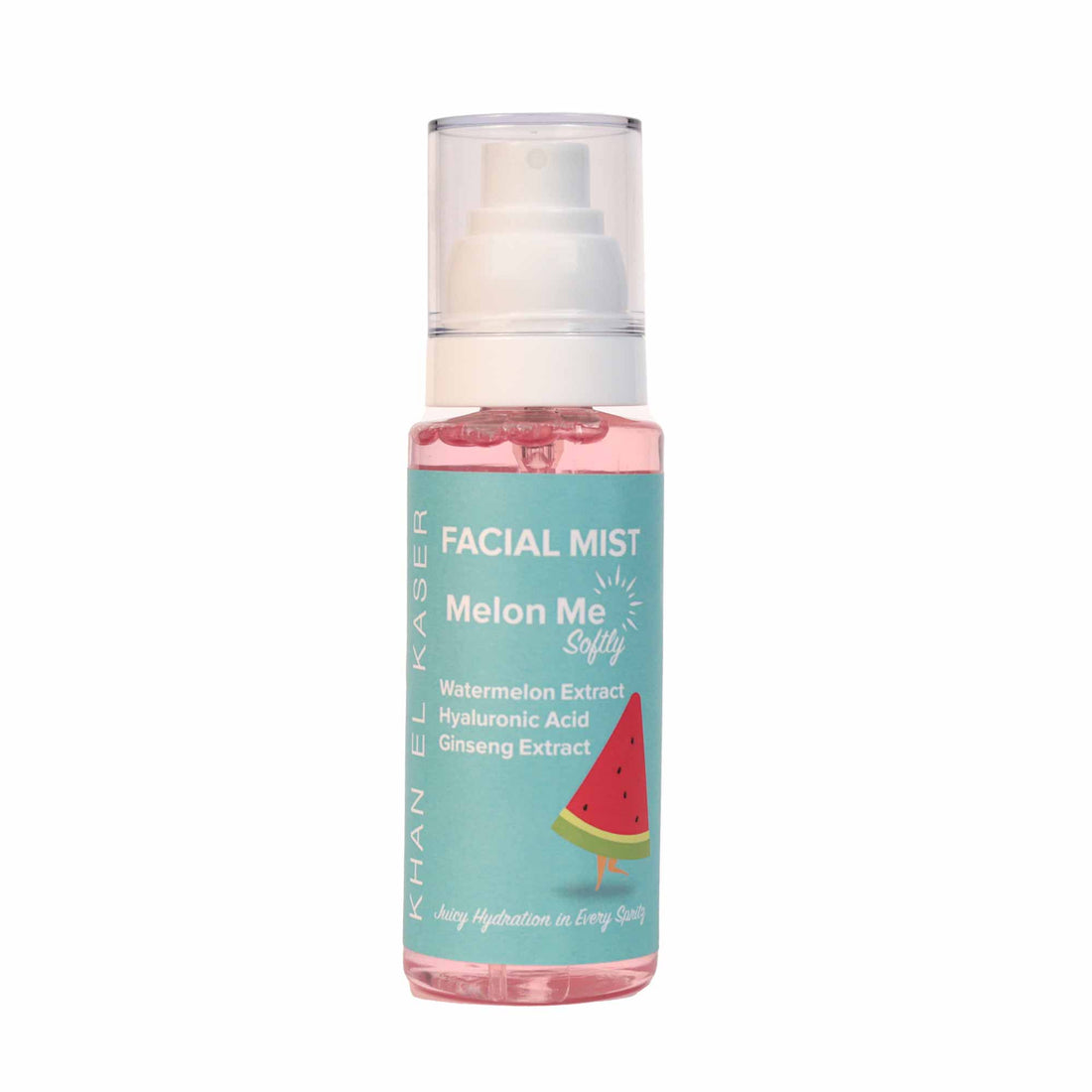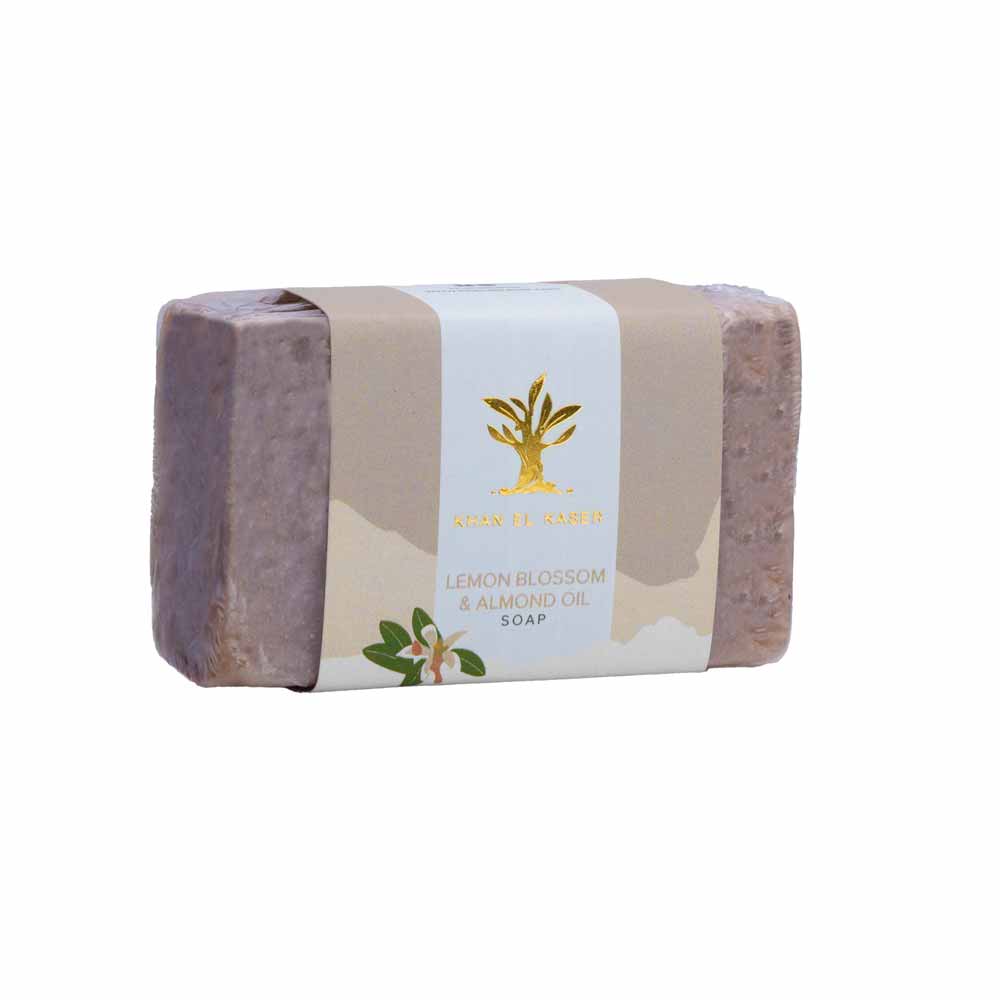You’re finally back at university. New classes, new schedule, new people - and suddenly, new breakouts all over your face. You didn’t change your products. You didn’t stop washing your face. So what’s going on? Here’s the truth: University life hits your skin in more ways than one - and most of them have nothing to do with skincare products. They’re lifestyle-related. Let’s go deeper into the several different causes of skin breakout.
Top 8 Causes of Skin Breakouts When University Starts
Academic Stress = Hormonal Chaos
Academic stress is one of the main causes of student outbursts as classes begin. Your skin feels the pressure that comes from preparing for tests and managing deadlines. Your body releases the hormone cortisol when you're under stress. High cortisol levels help you stay focused and awake, but they also cause your skin's natural barrier to be disrupted, increase oil production, and raise the likelihood of inflammation. The ideal conditions for clogged pores and slower-healing pimples (especially shown on the forehead ) are created by that combo. It's not just a hypothesis, studies reveal that children who are under a lot of stress for school have more frequent and severe breakouts than those who are under less stress. So, if you've ever observed that your skin becomes worse during project season or just before midterms, it's hormonal and not your fault.
Lack of Sleep = Tired Skin
Irregular sleep is another big cause of breakouts during college, and let's face it, most students have trouble with it. Your skin suffers whether you stay up late researching, binge-watch Netflix, or browse TikTok till three in the morning. Your body goes into repair mode while you sleep, causing skin cells to grow again, irritation to fade away, and breakouts to start healing. However, that mending process takes longer when you shorten your sleep or alter your sleep routine frequently. The outcome? Long-lasting pimples, new ones appearing quickly, and generally more exhausted and irritated skin. It's not a coincidence if your face constantly looks worse following a run of sleepless nights; your skin requires rest just as much as your brain does.
Cafeteria Food = Trigger Foods
One of the most disregarded causes of unexpected breakouts when college begins is dietary changes, although they happen more frequently than you might imagine. Students frequently rely on cafeteria meals, fast snacks, and quick caffeine fixes to get through the day due to hectic schedules, long days on campus, and limited cash. The issue? These meals are typically high in processed carbohydrates, sugar, dairy, and fried foods, all of which can alter blood sugar levels and lead to hormonal changes associated with acne. These "trigger foods" may not even seem related at first, but research has shown that they can raise skin oil production, particularly around the forehead, chin, and cheeks, and promote inflammation in the body. Many students are unaware that food is the cause of their breakouts, but if your skin begins to react after a few days of eating late-night fries or drinking sugary drinks in between courses, your cafeteria tray may be the source of the problem.
Bacteria Exposure = Bacteria Party
Bacterial contamination is another invisible breakout trigger that most students are unaware of, and it enters through daily routines. When you first start college, you spend all of your time on your phone - scrolling, researching, and texting - sitting in classrooms with other students, touching your face without realizing it, and falling asleep on the same pillowcase every night. Despite their seemingly unnoticed conception, these tiny particles sneakily spread dirt, oil, and bacteria to your skin. Acne mechanica is a form of acne that develops over time and is brought on by bacterial blockage and physical discomfort. Shared surfaces in dorms, unwashed makeup brushes, and even putting your face on your hand while attending lectures can all pile up. Your phone or pillowcase may be the cause of new pimples that you've observed around your cheekbones, jaws, or forehead and are unable to identify. Easy solutions like keeping your hands off your face, replacing your pillowcases twice a week, and wiping the screen of your phone every day can have a big impact. Being "clean" isn't the only goal; you also need to protect your skin from things you might not even consider.
Skipping Skincare = Bigger Problems Later
Skincare routines are frequently the first to go poorly when the semester begins and life becomes hectic, and your skin notices. Some students entirely neglect washing and moisturizing because they are too preoccupied with their studies, group assignments, and social schedules. On the other hand, some people panic when breakouts occur and overdo it by using harsh cleaners, excessive washing, or using too many products at once. The issue? Both extremes are counterproductive. Ignoring skincare causes dirt, humidity, along with oil to accumulate, blocking pores and causing outbreaks. However, excessive cleaning damages your skin's protective layer, leaving it vulnerable to inflammation, dryness, and irritation. In reality, your skin requires consistency and balance rather than intensity. Your skin will remain calm, clear, and less sensitive if you take even two minutes twice a day to gently cleanse and moisturize it. Having the correct routine is more important than having an exhausting one.
Emotional Pressure & Social Anxiety = Sudden Breakouts
Academics are only one aspect of university life; you also have to adjust to a whole new social environment, which can be more taxing on your skin than you may imagine. Meeting new people, attempting to blend in, overcoming social anxiety, or just wanting to look well for a class presentation or campus event are all examples of how that emotional pressure quietly accumulates. The stress hormones that cause breakouts, inflammation, and increased oil production, like cortisol, are released in response by your body. This is why pimples may appear just before a significant interview, a large presentation, or even a first date. Your face is a manifestation of your body's stress-response cycle, not bad luck. Even though you can't always avoid the nerves, knowing the relationship enables you to take minor actions to prevent your skin from going into a downward spiral when your emotions do. Examples of these actions include controlling stress and maintaining a regular schedule.
Campus Life = Pollution, Sweat & Breakouts
When you start university, you find yourself outside far more than you were previously - waiting at bus stops, wandering between classrooms, and getting coffee in between lectures. Dealing with dust, smog, and vehicle exhaust is a daily experience in Beirut and other places . These tiny particles land on your skin, blocking pores and creating discomfort that you may not always notice at first. Add to that the sweat and heat from jamming into lecture halls or racing around campus. Sweat combines with your skin's natural oils to trap dirt and germs, which makes it ideal for breakouts, especially if you don't thoroughly cleanse your skin afterward. The problem is that your skin becomes considerably more sensitive if you skip applying sunscreen because you believe it is just necessary for beach days. In addition to harming skin cells, sun exposure increases inflammation and oil production, which worsens acne and delays its repair. Stress, perspiration, sun damage, and environmental pollution are all battlegrounds for your skin. It makes sense why those persistent pimples seem so hard to get rid of. In spite of your hectic campus life, what may seem like "bad skin days" are actually your skin's way of requesting a little additional attention and protection.
Hormones = Hidden Breakouts
Your entire schedule is completely disrupted by university life; your sleep patterns change, your meals are consumed quickly (or substituted with snacks), and your stress levels suddenly rise. All of this not only affects your mood but also alerts your body to a problem. What about your hormones? They respond quickly. Hormonal changes are one of the main unidentified reasons why women have breakouts. Pimples may appear abruptly around your neck, jawline, or chin - areas that are directly impacted by androgens, such as testosterone, which raise oil production. Your skin becomes oilier, clogs more easily, and inflammation appears suddenly when your hormones are out of sync. Period breakouts are legitimate, too. The problem is that they frequently get worse when your body is already under stress. Your monthly breakout could become a full-blown flare-up if you're not getting enough sleep, eating erratically, or neglecting your skincare routine. Your lifestyle is communicating via your skin, and it's not simply biology. Your hormones will become more steady the more regular and soothing your routine is. Therefore, no, it's not "just my skin" or "bad luck." Your body is requesting a little assistance while it responds to everything that is happening to you and inside of you.
In Conclusion
Your entire world changes when you start university, including your intellectual, social, emotional, and physical aspects. What about your skin? All of it is reflected in it. It takes more than just having the "wrong products" to be a breakout at the beginning of the semester. They frequently serve as your body's signal that something is changing. I need aid. It all appears on your face, whether it's from late nights, test anxiety, emotional strain, or that extra plate of fries. The good news? You stop blaming yourself once you know the underlying causes and begin making simple, practical changes that will protect your skin from the inside out. Expensive treatments or a 10-step regimen are not necessary. All you need is consistency, balance, and knowledge of how your lifestyle impacts your skin.



